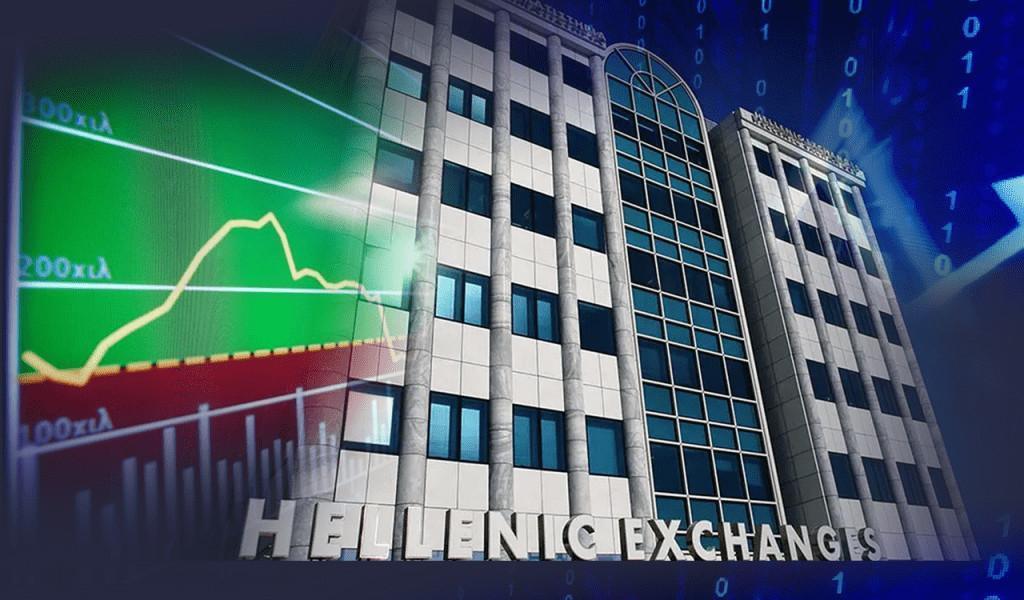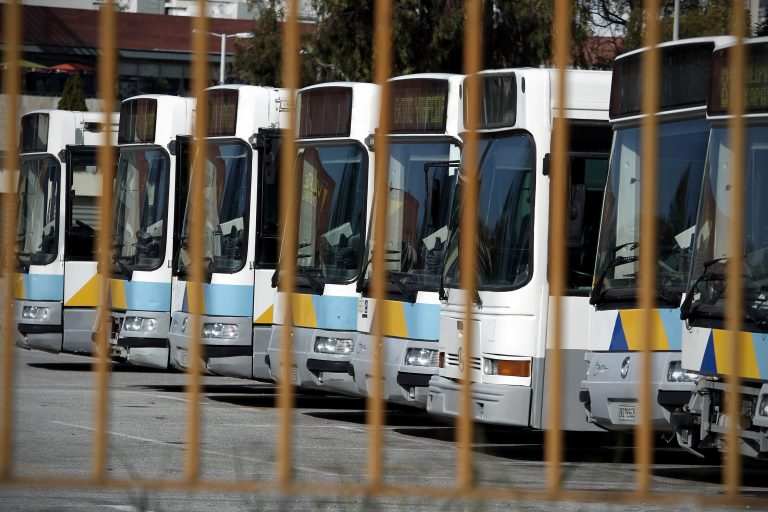The risks to financial stability remain at high levels in the current environment, although for Greek banks the risks have been limited and their prospects are positive.
This is what the governor of the Bank of Greece, Yannis Stournaras, points out, among others, in the Report on Financial Stability that was made public on Wednesday.
As he explained, the escalation of geopolitical risks, the persistence of inflationary pressures, the slowdown in the rate of economic growth, but also the risk of a sharp revaluation of assets in the international money and capital markets, keep the risks to financial stability at a high level.
However, he emphasizes that the recovery of the investment grade for the country’s credit mitigates the risks, while the outlook for the Greek banking sector is positive.
In particular, the central banker underscored that the profitability of the banks is improving, while the implementation of the strategy to finally rid them of the existing stock of non-performing loans continues.
In addition, he states that the capital adequacy of the banks is deemed satisfactory, although as he points out they must further strengthen the relevant reserves.
The liquidity and financing conditions of the Greek banking sector have also improved, thanks to the increase in deposits and despite the repayment of part of their financing by the European Central Bank.
In a better position
In more detail, this Report focuses on the developments that took place in the banking sector during the first half of 2023.
As it states, the industry is in a much better position than in the past to weather potential turbulence.
However, the persistence of inflation at a still high level, combined with increased key interest rates and a slowdown in economic growth, is testing the resilience of households and businesses and may contribute to the creation of new non-performing loans (NPLs).
At the same time, high interest rates and market volatility pose risks for non-bank financial institutions that may affect banks secondarily.
The NPL ratio of banks in total loans decreased marginally (June 2023: 8.6%, December 2022: 8.7%).
It is noted that all four major banks have now achieved their operational target of a single-digit NPL ratio, with one of them being below 5%.
However, actions aimed at consolidating the remaining NPL stock and achieving convergence with the European average (June 2023: 1.8%) should continue.
Profitability
The organic profitability of the banks was at a high level.
In the short term, the effect of the increases in the main interest rates on the net interest income of the banks is positive, since the majority of their loans are contracted with a floating interest rate.
However, in the medium term this effect may be mitigated by the increase in banks’ financing costs, due to the gradual increase in deposit interest rates on the one hand and the increased cost of issuing bonds to raise liquidity and cover supervisory requirements on the other.
At the same time, in conditions of a slowdown in economic growth, the effort of banks for healthy credit expansion and maintaining existing profitability becomes more difficult.
Capital adequacy
The capital adequacy of banking groups declined slightly and the quality of their regulatory capital remains low.
However, increased profitability creates favorable conditions for internal capital formation.
Specifically, the Common Equity Tier 1 ratio (CET1 ratio) on a consolidated basis decreased to 14.2% in June 2023, from 14.5% in December 2022, mainly due to the negative impact from the implementation of the transitional provisions of the International Financial Reporting Standard 9 (IFRS 9) and the increase in risk-weighted assets.
Accordingly, the Total Capital Ratio (TCR) fell to 17.3% from 17.5%.
Not complacent
According to the Bank of Greece, the high uncertainty and risks prevailing in the international financial environment leave no room for complacency.
As pointed out in the report, the upgrade of the Greek State to the investment grade, combined with its low financing needs for the next two years, but also the strengthening of the sizes of the banking sector, mitigate the risks to a great extent.
However, any sharp deterioration in international financial conditions may cause turbulence with adverse effects both on the financial situation of businesses and households and on the Greek banking sector.
Therefore, the importance of continuing the course of consolidation and further strengthening the key dimensions of the financial system, combined with the implementation of appropriate micro- and macro-prudential supervision measures to strengthen and ensure financial stability, is highlighted.
2.4% growth in 2023
Regarding the forecasts for the course of the GDP, the report points out the following: “In the first half of 2023, the Greek economy continued to grow, while inflation slowed down. The growth rate of real Gross Domestic Product (GDP) maintained some of the momentum it had shown in 2022 and stood at 2.4% in the first half of 2023, mainly due to the significant strengthening of private consumption and investment.
Overall, for 2023, the growth rate according to the latest estimates of the Bank of Greece is projected to be 2.4%, remaining higher than the euro area average, but clearly lower than in 2022.
The continued growth of the economy also contributed to the further reduction of unemployment.
Inflation has decelerated appreciably and stood at 2.4% year-on-year in September 2023, from 9.3% in December 2022.
The de-escalation trends already observed since September of the previous year were reinforced, mainly due to the gradual decline in energy prices and the impact of monetary policy measures.
However, upward price pressures, mainly of food, services and non-energy industrial goods, keep inflation at an even higher level3 and overall affect the operating costs of businesses and household disposable income.








































